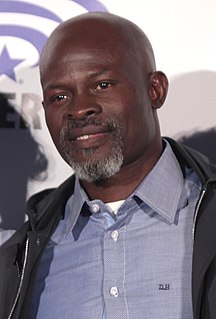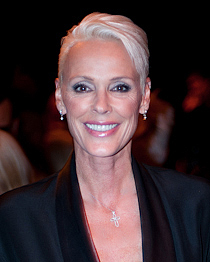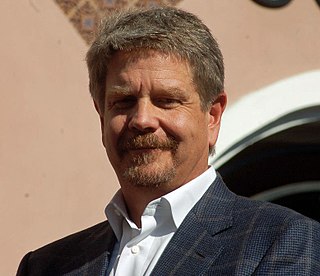A Quote by Arnold Schwarzenegger
Related Quotes
There are certain functions that the family performs. In the first place the family provides society with an orderly means of reproduction, while at the same time the norms of marriage control the potentially disruptive forces of sexuality. Second, the family provides physical and economic support for the child during the early years of dependence. The child receives its primary socialization in the family, learning the essential ideas and values required for adult life.
For every nineteenth-century middle-class family that protected its wife and child within the family circle, there was an Irish ora German girl scrubbing floors in that home, a Welsh boy mining coal to keep the home-baked goodies warm, a black girl doing the family laundry, a black mother and child picking cotton to be made into clothes for the family, and a Jewish or an Italian daughter in a sweatshop making "ladies" dresses or artificial flowers for the family to purchase.
If the first casualty of war is innocence, then perhaps with each bullet fired, bomb detonated, leader overthrown, wall built, economy destroyed and family member killed, we are not creating goodwill and harmony, but rather another child who believes violence is the only means to bring about change in the world.



































